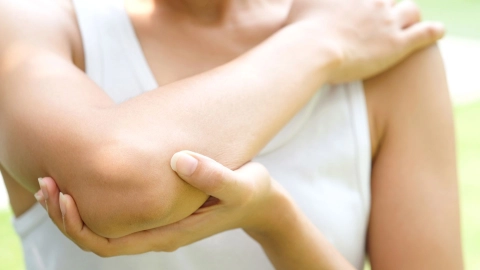ICD-Code M75.3: Calcific tendinitis of shoulder
You have calcium deposits in one or more tendons or bursas in your shoulder.
Tendons are made up of very firm connective tissue. Tendons attach muscles to bones. A bursa is a cushion of connective tissue filled with fluid. For example, there is a bursa beneath tendons or between bones and skin. The bursa prevents the tissue from rubbing together. A bursa also enables pressure to be distributed better.
When calcium is deposited in tendons or bursas, the tendons or bursas can become inflamed.
The calcium deposits or the inflammations can cause pain. The shoulder area can swell up and turn red. It may become harder to move one’s shoulder or arm.
Additional indicator
On medical documents, the ICD code is often appended by letters that indicate the diagnostic certainty or the affected side of the body.
- G: Confirmed diagnosis
- V: Tentative diagnosis
- Z: Condition after
- A: Excluded diagnosis
- L: Left
- R: Right
- B: Both sides
Further information
Source
Provided by the non-profit organization “Was hab’ ich?” gemeinnützige GmbH on behalf of the Federal Ministry of Health (BMG).



